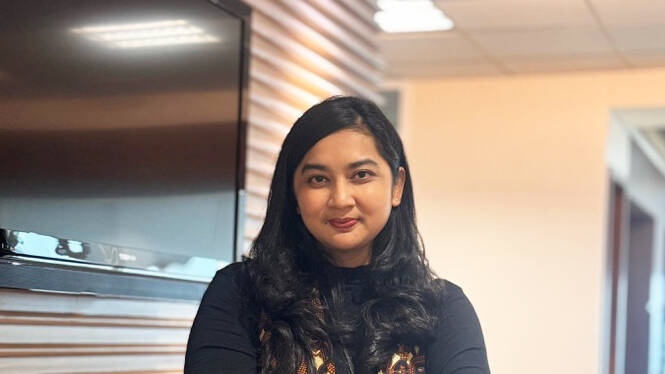3 min read
•A changing world: Carole Gall on energy, women, and Indonesia
3 min read
•“This means including women in the talent pool, not only because they represent a significant fraction of the population but also because diversity brings better solutions.”
The percentage of women who work in science, technology, engineering, and mathematics, or STEM, fields in Indonesia is only 30% according to the UNESCO Institute of Statistics. While progress is being made, Carole attributes this to a lack of awareness of the diverse opportunities a STEM career provides.
“Over my almost 30-year career, there has certainly been a positive evolution towards a more diverse workforce. In fact, if you look at Indonesia’s energy companies today, you will see several formidable female Leaders. Still, we can and we have to do better, especially when it comes to explaining how exciting STEM is and the multitude of meaningful careers it can open up,” Carole says.
Why a spotlight on STEM?
“Technology, engineering and science are pillars of evolution for society. They help us improve quality of life and meet societal evolving needs. Choosing a career in STEM disciplines provides an opportunity to make a difference” Carole says.
The energy industry is a great illustration of the importance of STEM and scientists at ExxonMobil in Indonesia work hard every day, not only to provide energy to improve quality of life but also to progress initiatives to help address climate change.
ExxonMobil recognizes the importance of encouraging more women into science, technology engineering, and mathematics, or STEM, fields and the company has rolled-out multiple programs including in Indonesia and globally.
“ExxonMobil values diversity and inclusion – not just gender but also background, nationalities, ethnicity,” Carole says.
“Diversity and inclusion lead to better results. They bring in broader perspectives and different approaches to problem-solving.
“ExxonMobil in Indonesia has several programs aiming at spreading the word out and encouraging women’s participation in STEM,” she says.
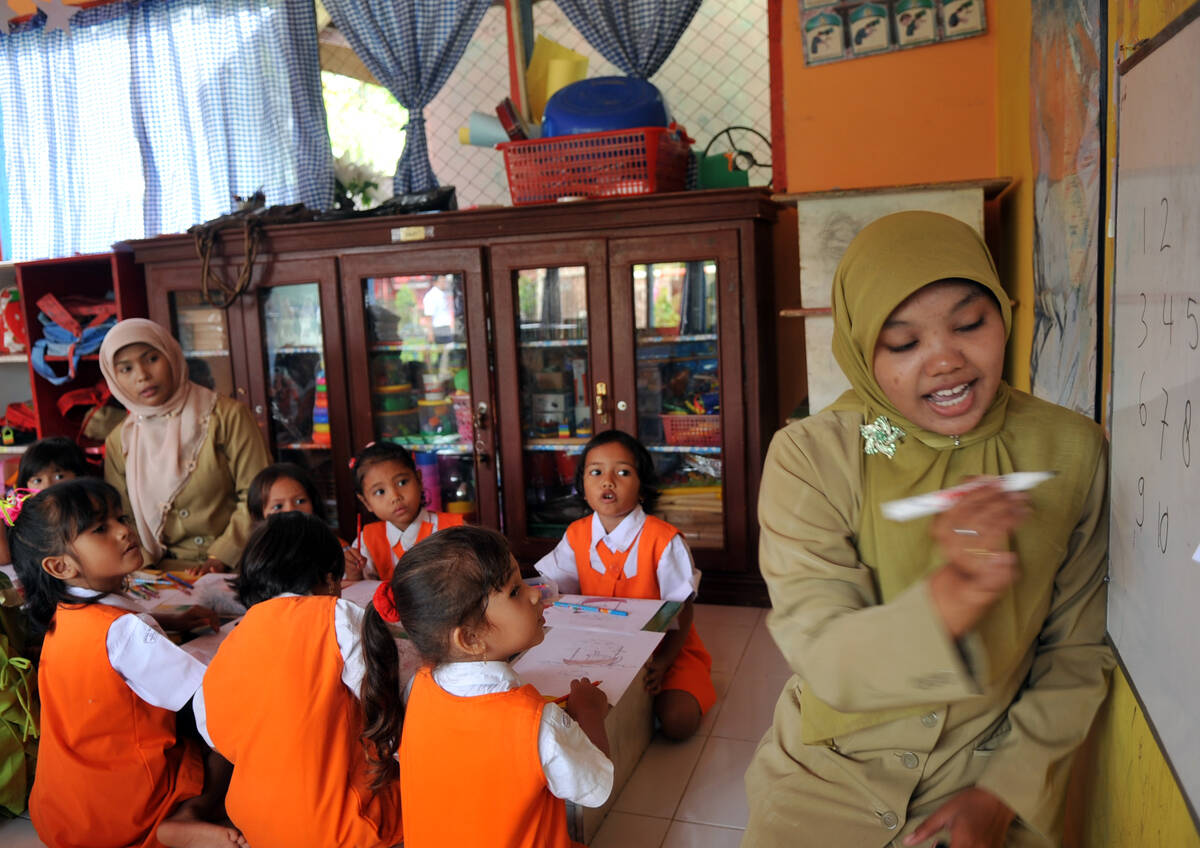
Diverse careers ahead
An education in STEM can lead to a variety of jobs – engineers, scientists, academics – in a wide range of industries, such as energy, aeronautics, computing, environment, and automotive, to name a few. A common attribute of those jobs is the ability to leverage knowledge to find the solutions that society needs as it evolves.
This is certainly true at ExxonMobil. Scientists specialized in earth sciences may have started their career trying to find oil and gas deep underground but with evolving societal needs and the need for energy transition solutions, those scientists can now also apply their valuable skills locating the best underground location to store emissions in carbon capture and storage hubs.
“ExxonMobil has been one of the most successful energy companies globally for decades,” Carole says,
“With that comes a great portfolio, extensive skills, expertise, and substantial research and development. What we want to do is leverage that, built over many decades, and put them to use in the energy transition.
“From a career point of view, this means that our engineers and scientists are exposed to a variety of meaningful and exciting assignments throughout their careers. ”
With the increasing focus on energy transition initiatives and the continued focus on providing affordable and reliable energy in Indonesia, it is an exciting time for STEM. “More than ever, the best talent is needed to find and progress the solutions needed for society to thrive. Women need to join in for the talent pool to be the “best” talent pool”.
Asia Pacific region
Newsroom
Stay up to date with the latest news and information
Explore more
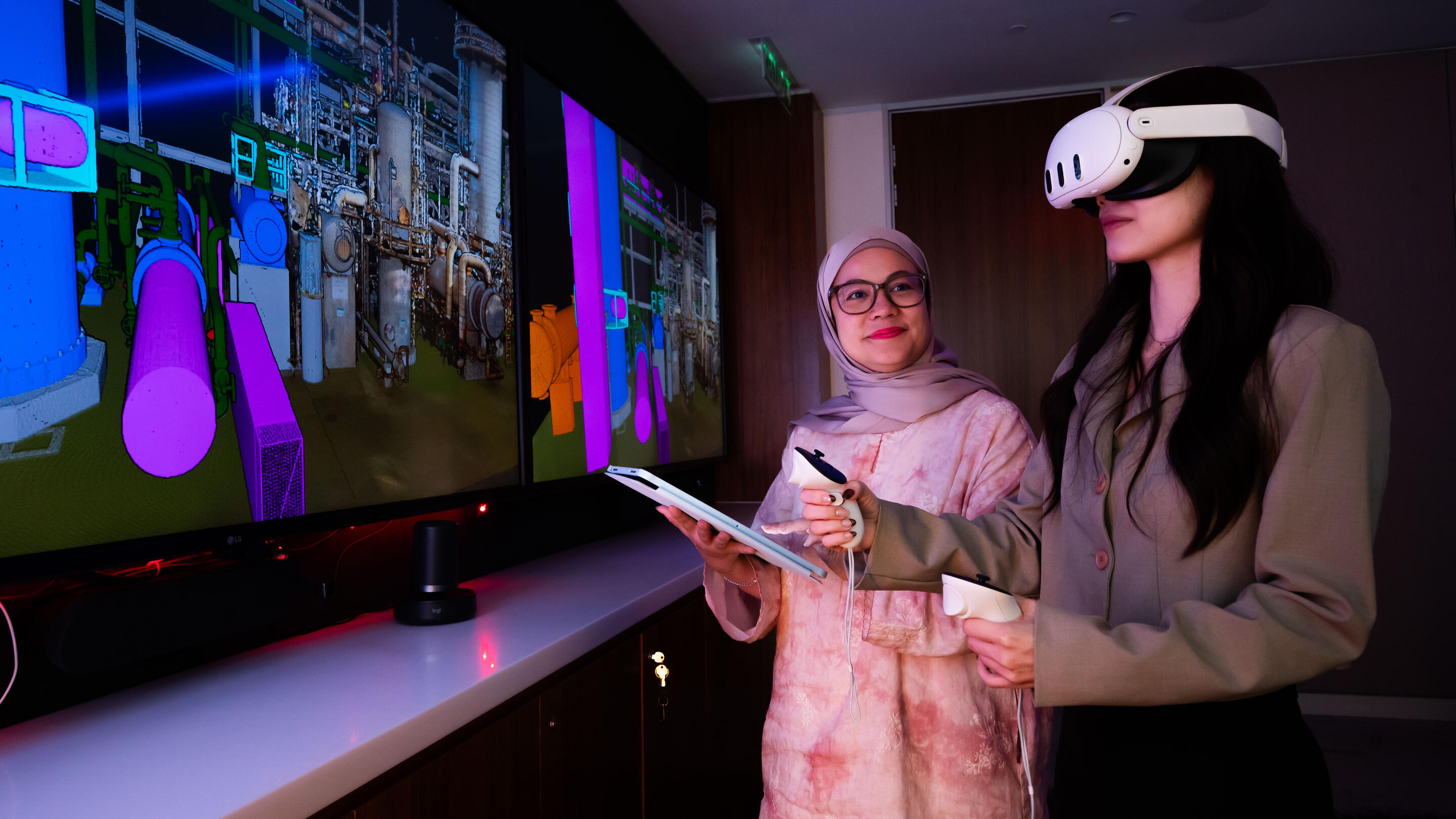
Digital minds, global solutions: KLTC’s virtual way of working
2 min read
•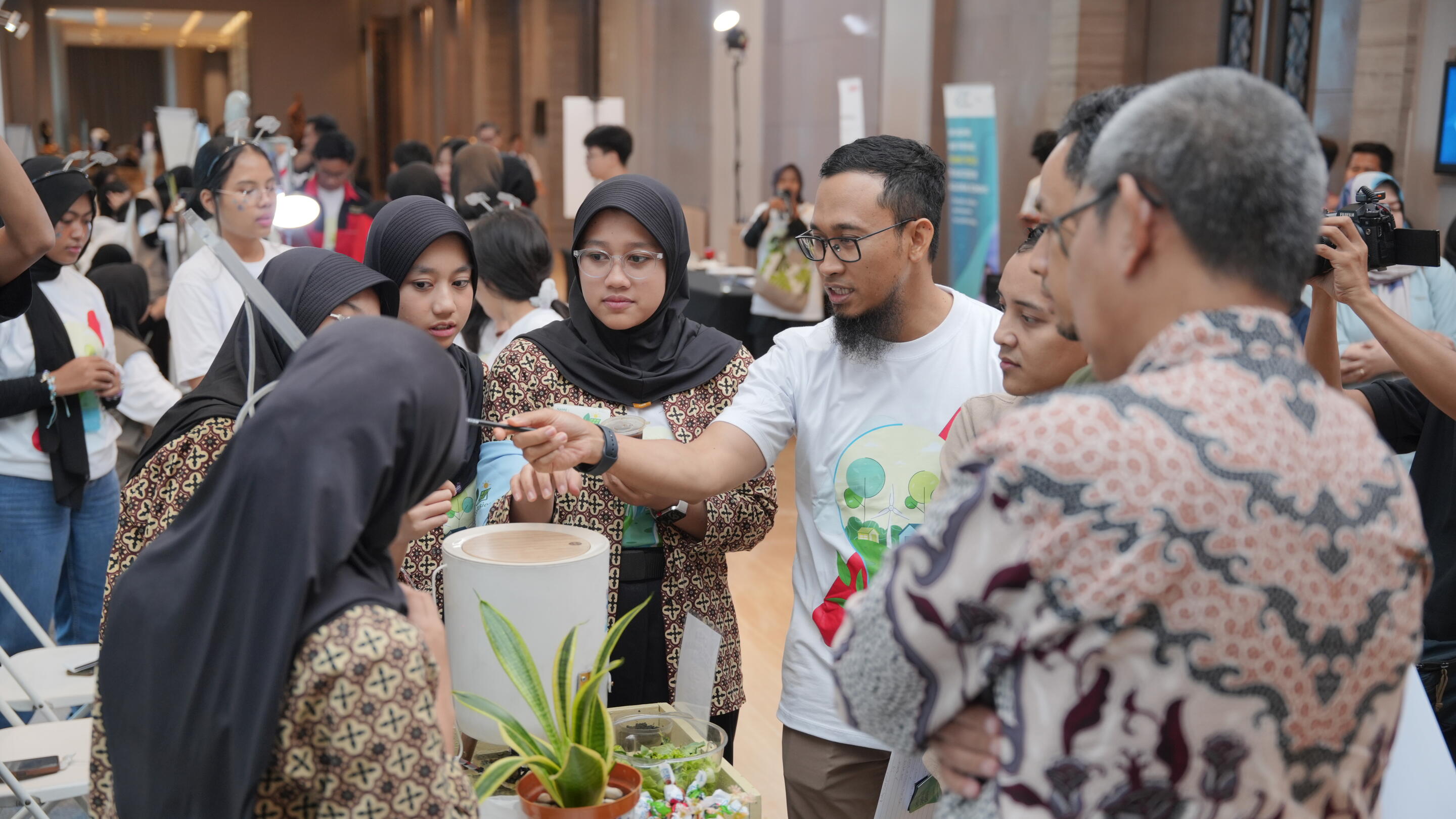
Empowering the next generation through STEM education
4 min read
•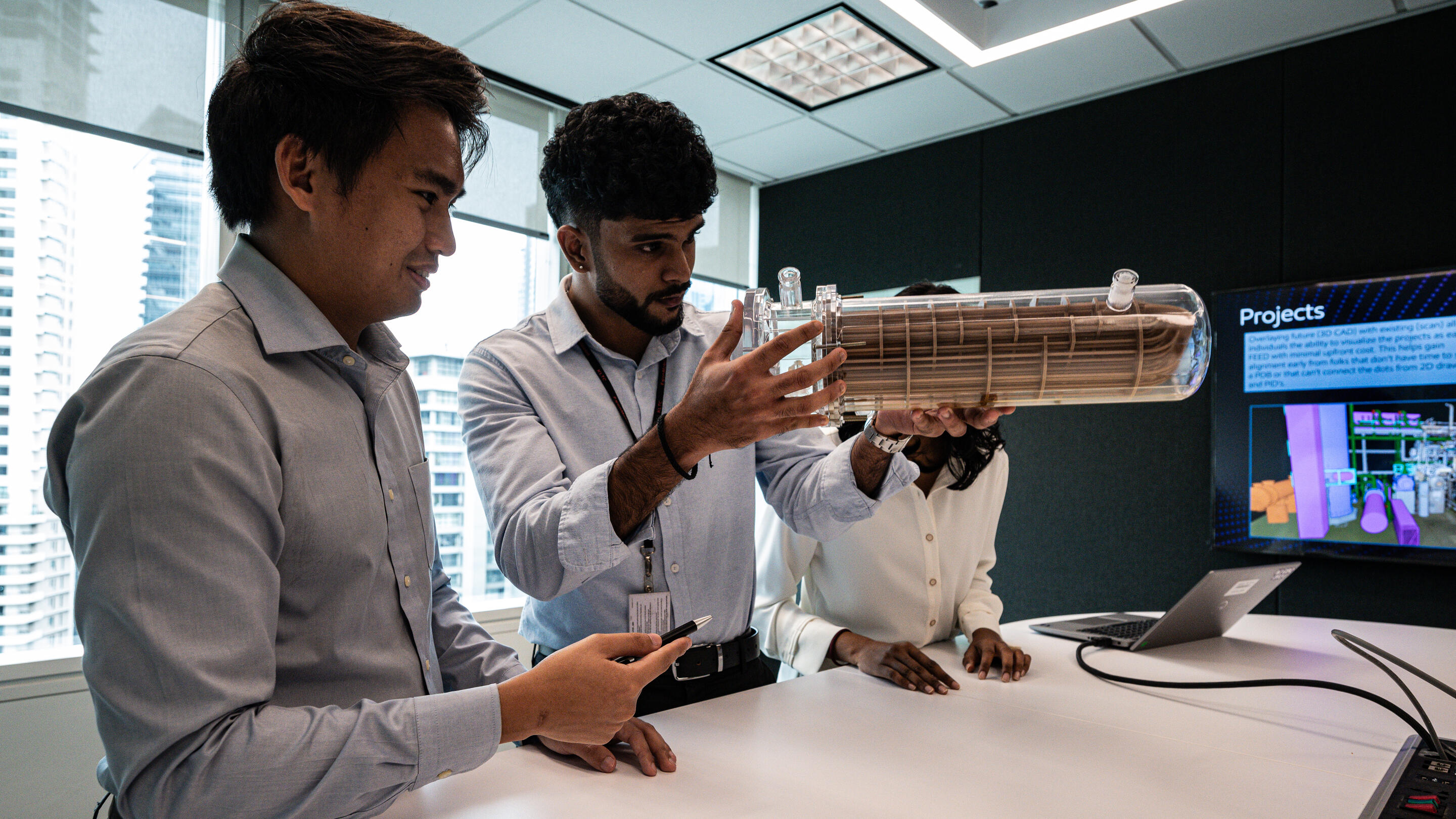
Global engineering talent in the heart of Malaysia
3 min read
•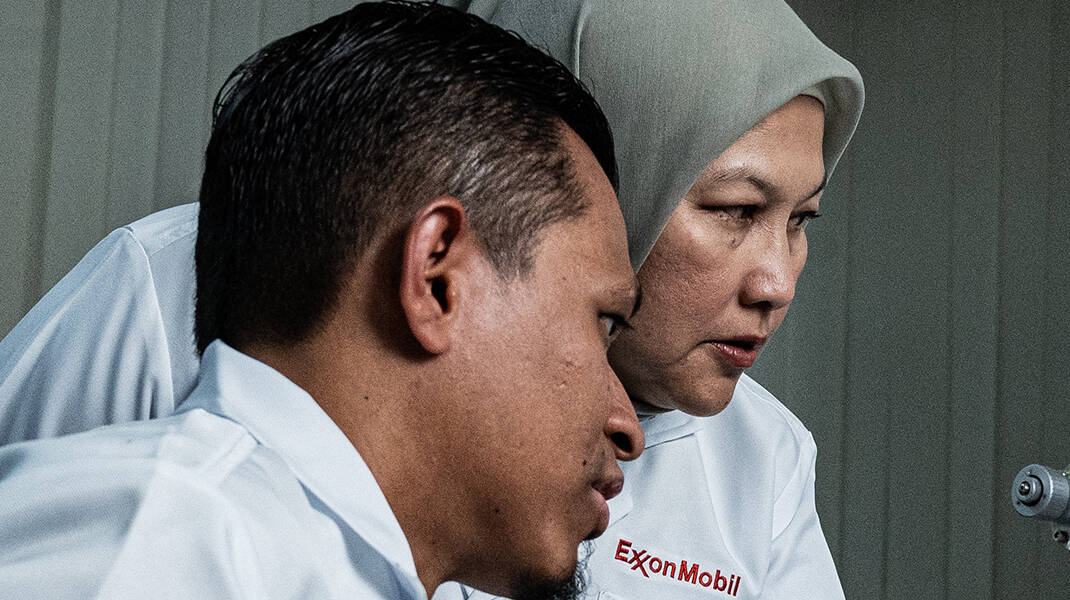
Getting a headstart: Giving students a taste of real-world challenges
2 min read
•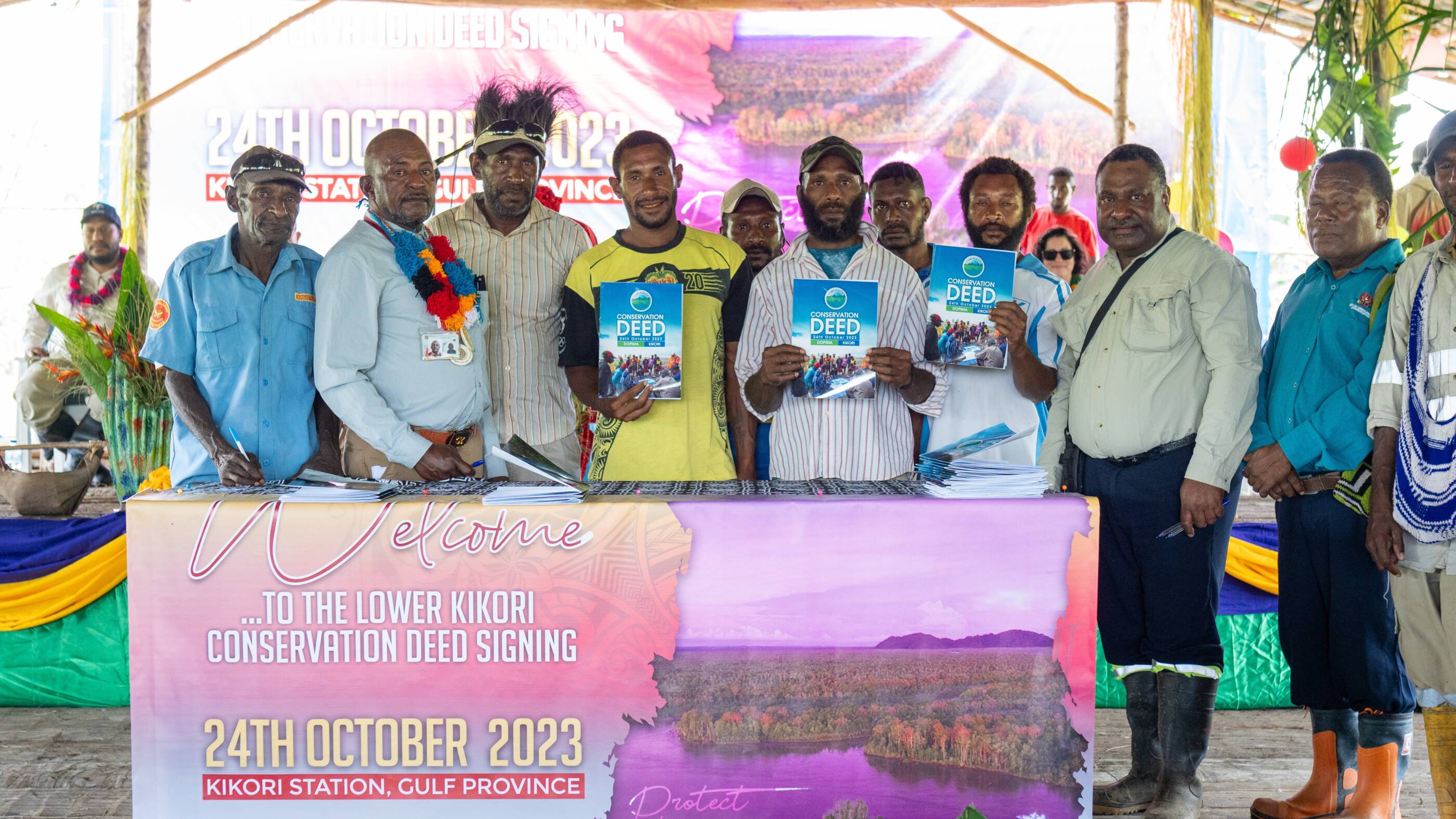
Papua New Guinea clans unite to conserve 20,000 hectares
2 min read
•
